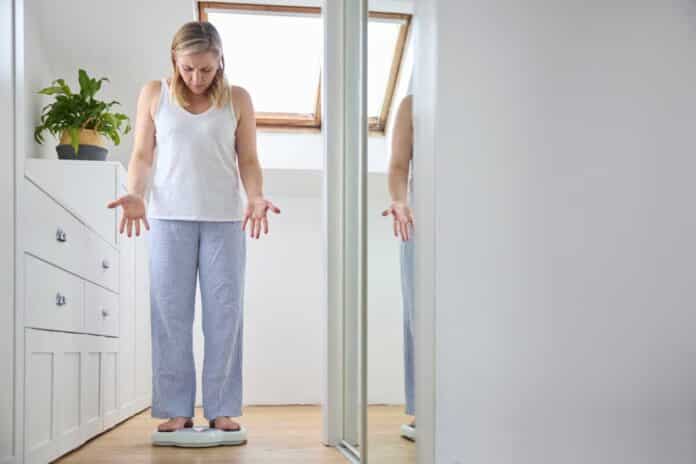
Losing weight during and after menopause can seem difficult because of factors such as stress, hormone changes, and aging. To make things easier, this article teaches you multiple tips that can help you keep your weight loss more permanent.
Why Menopause Makes Weight Loss So Hard
Several factors play a role in weight gain around menopause, including:
● Loss of muscle mass: This happens due to age, hormonal changes, and decreased physical activity.
● Hormone fluctuations: Elevated and very low estrogen levels can result in increased fat storage.
● Inadequate sleep: Many women have difficulty sleeping during menopause. Poor sleep is also connected to weight gain.
Diet Plans That Work Well During Menopause
If you want to lose weight, there are different nutritious diets to try, including:
The Low-Carb Diet
Many diets have shown that low-carb diets are perfect for weight loss and effectively reduce abdominal fat. In another study, a paleo diet offering roughly 30% of calories from carbs produced more abdominal and weight fat after 2 years than a low diet.
The Vegan or Vegetarian Diet
According to older studies in postmenopausal women, there was major weight loss and improvements in health among groups who ate a vegan diet. Another 2018 survey discovered that vegans in perimenopause experienced less severe vasomotor symptoms (like hot flashes) and physical symptoms than omnivores.
However, a more flexible vegetarian approach including dairy and eggs has also been discovered to work well in older women.
The Mediterranean Diet
In a study of men and women ages 55 and older, those who followed a Mediterranean diet had huge reductions in abdominal fat.
Lifestyle Changes that Promote Weight Loss During Menopause
There are numerous ways to boost your quality of life and make weight loss easier during menopause, including:
Explore Psychotherapy
Cognitive behavioral therapy (CBT), can help people suffering from low estrogen symptoms. According to a 2019 study, postmenopausal women who got CBT for their insomnia experienced more sleep over 6 months than women who received sleep restriction therapy or sleep hygiene education.
Try Acupuncture
A review of several studies discovered that acupuncture could increase estrogen levels, which could help reduce symptoms and encourage better sleep.
Conclusion
Although losing weight may be your primary objective, you must make changes that you can maintain long-term. This includes exercising, getting enough sleep, and focusing on a nutrient-dense balanced diet. By sticking to these practices, you can look and feel your best during menopause and beyond.


















